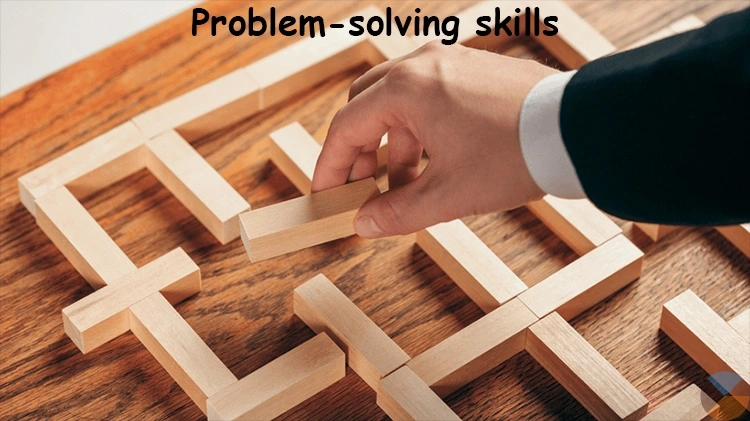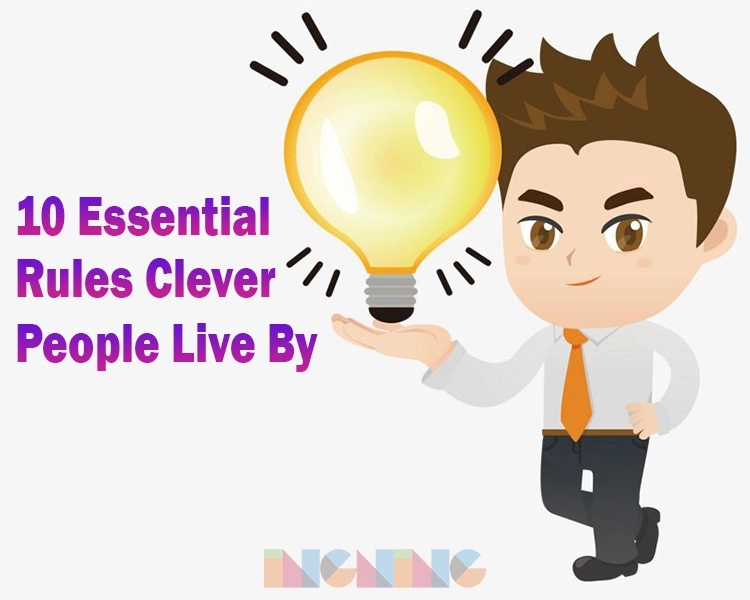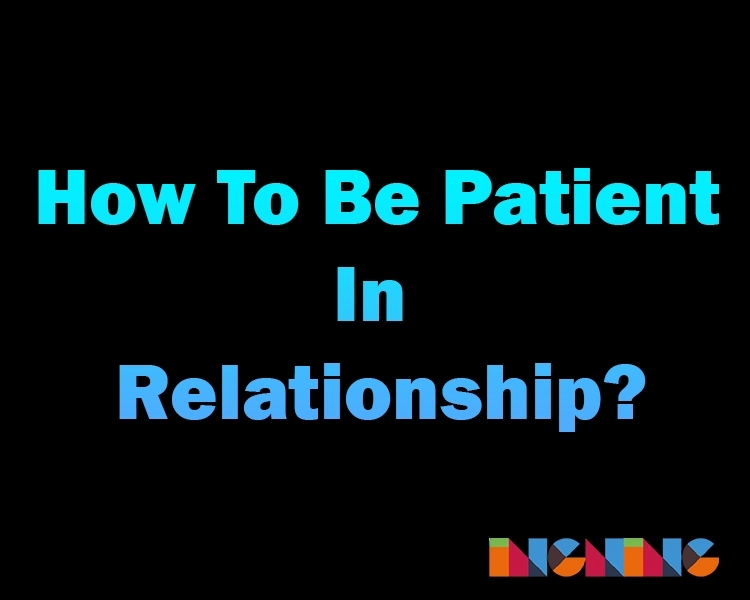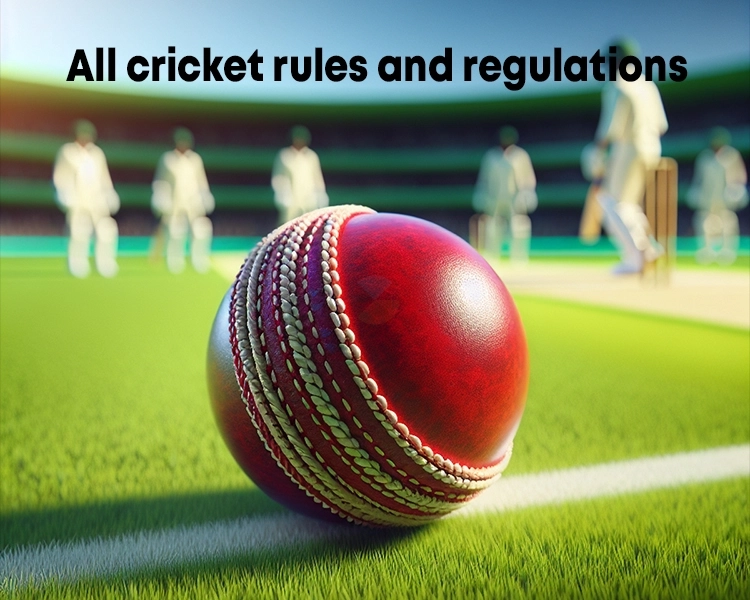In today’s fast-paced and ever-evolving world, problem-solving skills are more crucial than ever. Whether you’re navigating through a complex project at work, resolving personal issues, or making critical decisions, possessing strong problem-solving skills can significantly impact your success and satisfaction. This comprehensive guide will explore the importance of problem-solving skills, strategies for developing them, and practical applications in various areas of life.
Understanding Problem-Solving Skills
At its core, problem-solving skills involve the ability to identify, analyze, and find solutions to challenges and obstacles. These skills are not just about coming up with a quick fix but rather about understanding the problem deeply and implementing effective, long-term solutions. They encompass critical thinking, creativity, and analytical abilities, all of which are essential for addressing issues efficiently.
Why Problem-Solving Skills Matter
Enhanced Decision-Making: Strong problem-solving skills lead to better decision-making. When faced with a dilemma, those who excel in problem-solving can weigh options, assess risks, and choose the best course of action based on logic and evidence.
Increased Efficiency: In both personal and professional settings, effective problem-solving skills can streamline processes and eliminate unnecessary steps, thereby improving overall efficiency.
Improved Adaptability: The ability to solve problems effectively makes you more adaptable to changes and unexpected situations. Whether it’s a shift in market conditions or a sudden change in personal circumstances, having solid problem-solving skills helps you respond proactively.
Enhanced Creativity: Problem-solving often requires thinking outside the box. Developing problem-solving skills fosters creativity and innovation, allowing you to approach challenges from unique angles and discover novel solutions.
Greater Confidence: Mastering problem-solving skills boosts your confidence in handling various situations. Knowing you have the ability to address and overcome obstacles effectively reduces stress and anxiety.
Key Components of Problem-Solving Skills
Analytical Thinking: This involves breaking down complex problems into smaller, manageable parts and examining them systematically. Analytical thinking helps you understand the root causes of issues and develop effective solutions.
Critical Thinking: Critical thinking involves evaluating information and arguments objectively. It requires questioning assumptions, analyzing evidence, and considering alternative viewpoints to make well-informed decisions.
Creativity: Creativity in problem-solving is about generating innovative ideas and approaches. It allows you to think beyond conventional solutions and explore new possibilities.
Decision-Making: Effective decision-making is a crucial aspect of problem-solving skills. It involves assessing options, weighing pros and cons, and making choices that lead to the best outcomes.
Persistence: Problem-solving often requires perseverance and determination. Not all solutions are immediate, and the ability to stay focused and keep trying until you find a solution is essential.
Strategies for Developing Problem-Solving Skills
Identify the Problem Clearly: The first step in effective problem-solving is to clearly define the problem. Ensure you understand the issue in its entirety, including its scope and impact. This clarity will guide your approach to finding a solution.
Gather Information: Collect relevant information and data related to the problem. This includes understanding the context, identifying stakeholders, and gathering insights from various sources. The more information you have, the better equipped you are to solve the problem.
Generate Potential Solutions: Brainstorm a range of possible solutions. Encourage creative thinking and consider all potential options, even those that may initially seem impractical. This expansive approach increases the likelihood of finding a viable solution.
Evaluate and Select the Best Solution: Assess the feasibility, advantages, and drawbacks of each potential solution. Consider factors such as cost, time, resources, and potential outcomes. Select the solution that best addresses the problem and aligns with your goals.
Implement the Solution: Develop a plan for implementing the chosen solution. This involves outlining steps, assigning responsibilities, and setting deadlines. Ensure that the implementation process is well-organized and monitored for progress.
Monitor and Review: After implementing the solution, monitor its effectiveness and impact. Gather feedback and review the results to determine if the problem has been resolved. If necessary, make adjustments and improvements.
Reflect and Learn: Reflect on the problem-solving process and the outcomes achieved. Identify what worked well and what could be improved for future problem-solving efforts. Continuous learning from past experiences enhances your problem-solving skills over time.
Practical Applications of Problem-Solving Skills
In the Workplace: Strong problem-solving skills are highly valued in the workplace. They can lead to better project management, improved team collaboration, and more effective handling of challenges. Employees who excel in problem-solving are often seen as valuable assets and leaders within their organizations.
In Personal Life: Problem-solving skills are equally important in personal life. Whether dealing with financial issues, relationship conflicts, or everyday challenges, the ability to solve problems effectively leads to more fulfilling and balanced life experiences.
In Education: Students who develop problem-solving skills are better equipped to tackle academic challenges and succeed in their studies. These skills also prepare them for future careers by enhancing their ability to think critically and adapt to new situations.
In Entrepreneurship: Entrepreneurs face numerous challenges and uncertainties. Effective problem-solving skills are essential for navigating the complexities of starting and running a business. They help entrepreneurs identify opportunities, overcome obstacles, and drive innovation.
Overcoming Common Challenges in Developing Problem-Solving Skills
Fear of Failure: One common barrier to developing problem-solving skills is the fear of failure. To overcome this, embrace a growth mindset and view failures as learning opportunities rather than setbacks.
Lack of Confidence: Building confidence in your problem-solving skills involves practicing regularly and celebrating small successes. Gradually take on more complex problems and recognize your progress.
Resistance to Change: Resistance to change can hinder effective problem-solving. Develop a flexible mindset and be open to new approaches and ideas. Embrace change as an opportunity for growth and improvement.
Overthinking: Overthinking can lead to analysis paralysis and impede effective problem-solving. Practice focusing on actionable steps and avoid getting bogged down by excessive details or uncertainties.
Conclusion
Mastering problem-solving skills is a valuable asset in both personal and professional contexts. By understanding the key components, implementing effective strategies, and applying these skills in various situations, you can enhance your ability to tackle challenges and achieve success. Remember, developing problem-solving skills is an ongoing process that requires practice, reflection, and a willingness to learn. Embrace the journey of honing these skills, and you’ll find yourself better equipped to navigate the complexities of life with confidence and resilience.









 Ingning
Ingning







